Fellow boxer Chris Eubank Jr was among those to pay tribute to Ghami and Ayodele, calling them “genuinely good men”.
The British middleweight said:, external “Thank god our heavyweight champ survived that horrible car crash. And pray for the two…
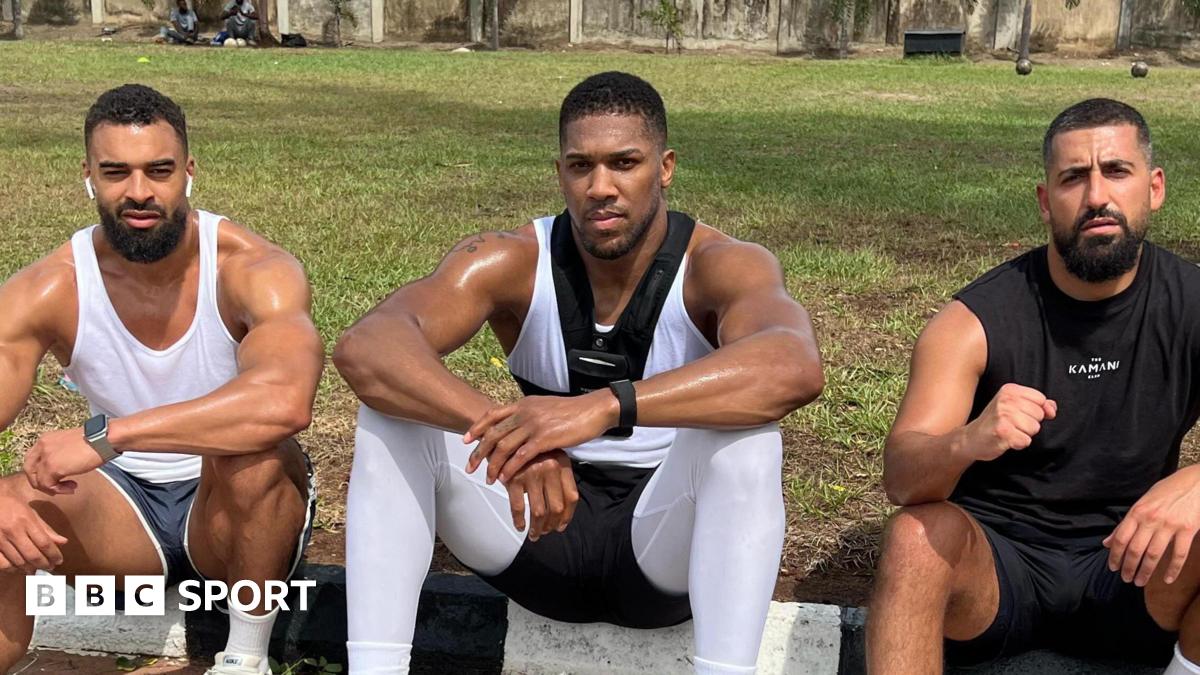
Fellow boxer Chris Eubank Jr was among those to pay tribute to Ghami and Ayodele, calling them “genuinely good men”.
The British middleweight said:, external “Thank god our heavyweight champ survived that horrible car crash. And pray for the two…
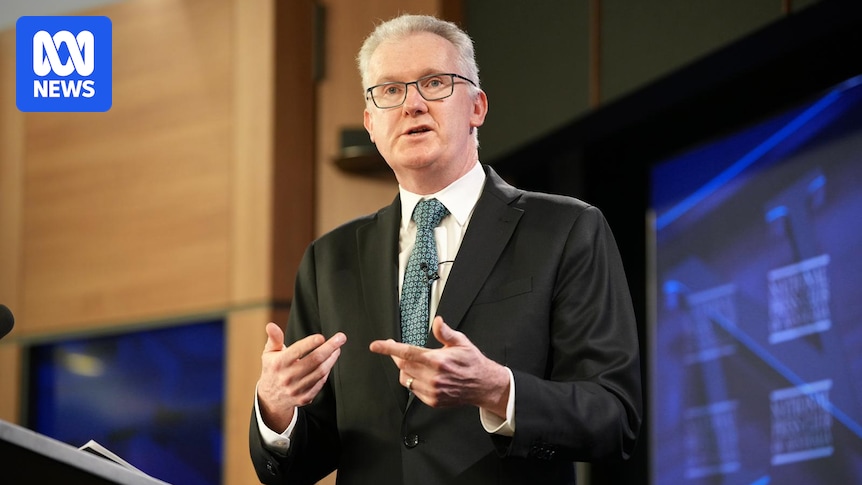
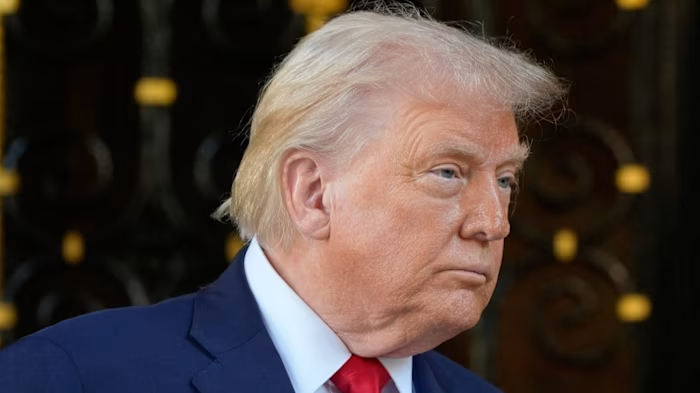
Unlock the White House Watch newsletter for free
Your guide to what Trump’s second term means for Washington, business and the world
Donald Trump has said the US carried out an attack on a “dock area” in Venezuela, confirming that Washington…
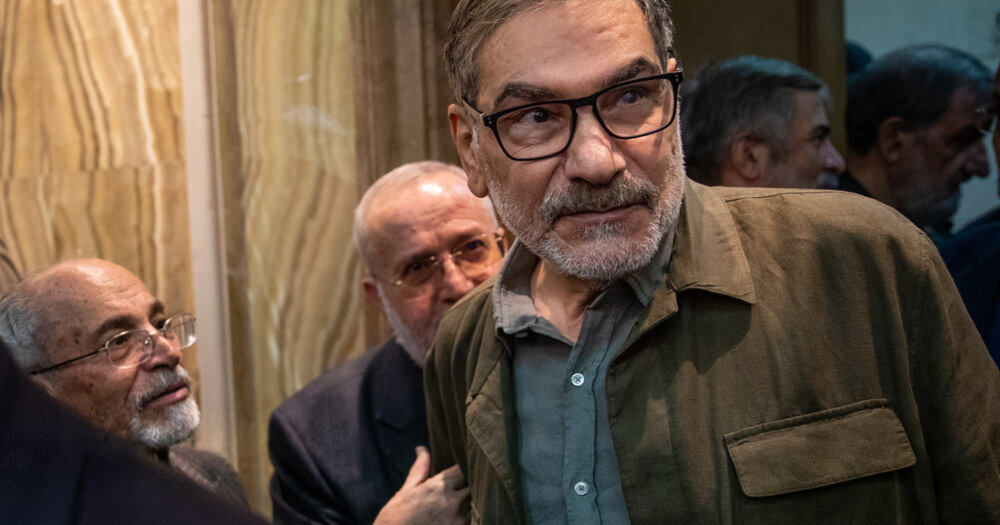
Speaking to reporters alongside Israeli Prime Minister Benjamin Netanyahu in Florida, Trump said the United States will deal a heavy blow on Iran if it tries to recover from the US and Israeli strikes in June.
“I’m hearing that Iran is trying to…
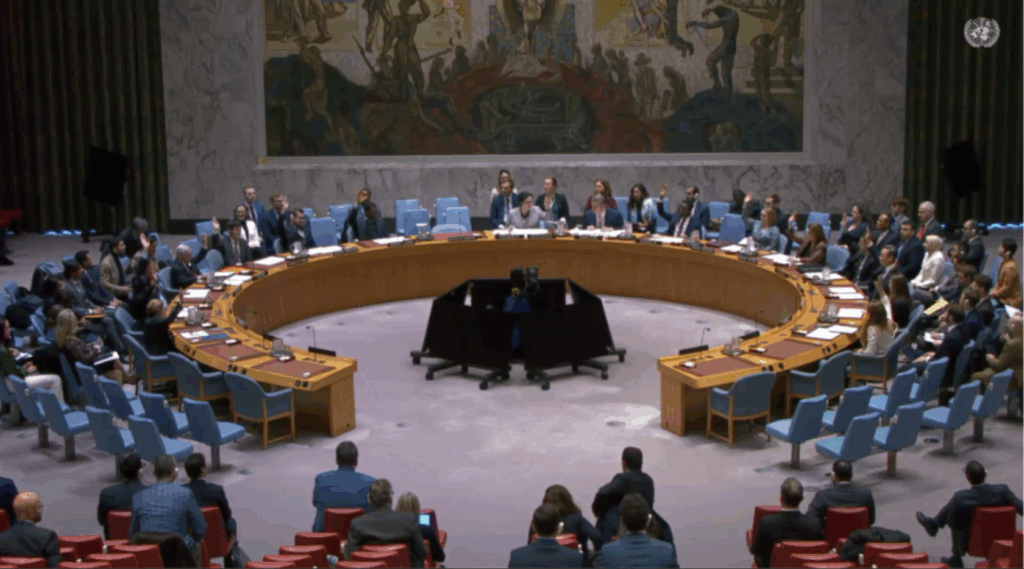
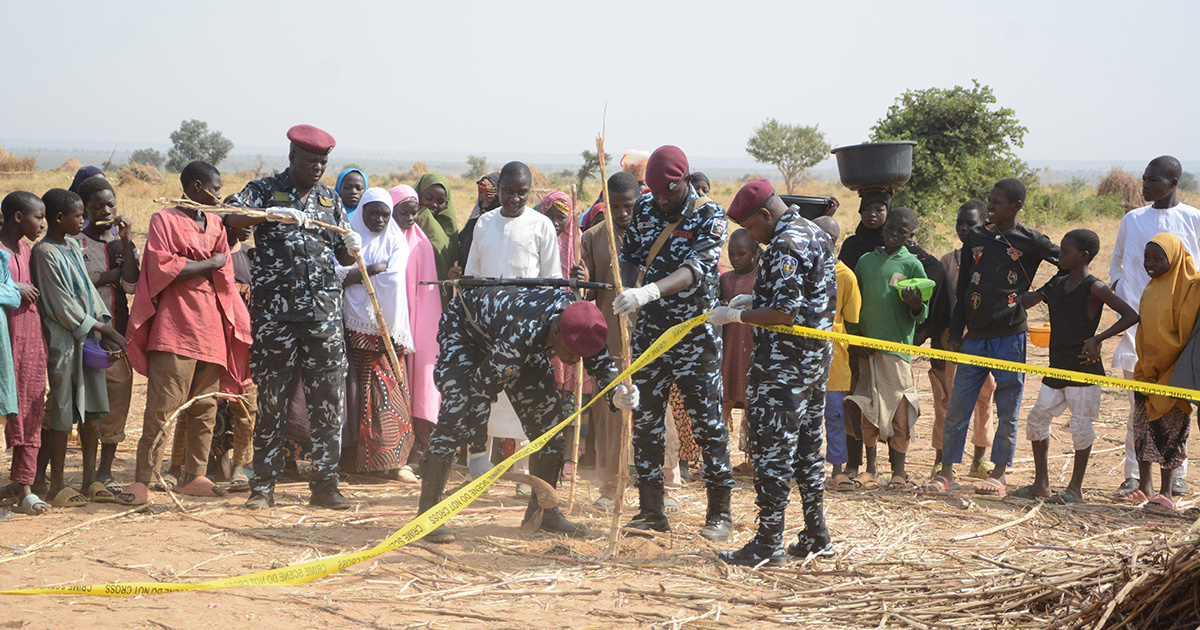
FASKIANOS: Thank you. Welcome to the final session of the Winter/Spring 2023…